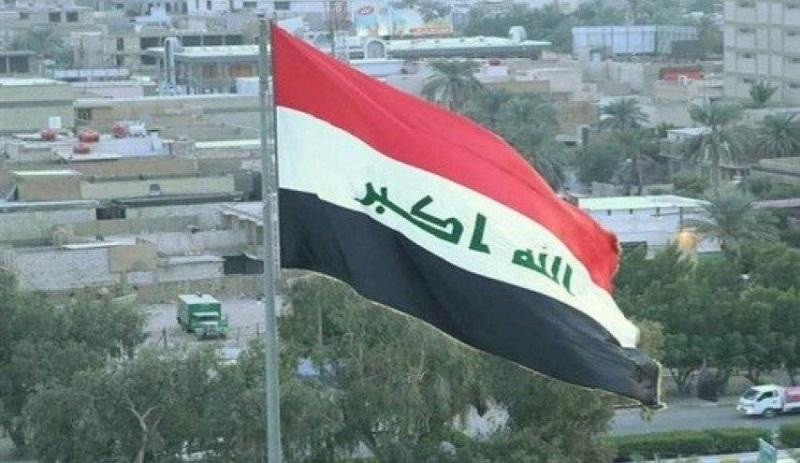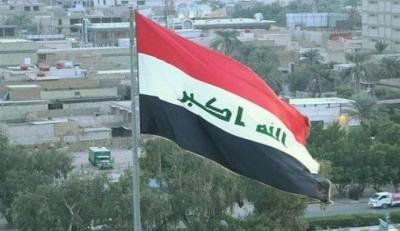In Iraq, a wide security operation targeting areas in Salah al-Din Governorate commenced on Sunday to pursue remnants of the terrorist organization "ISIS." The pursuit of ISIS elements is part of a joint campaign between the Iraqi Counter-Terrorism Service and Kurdish "Peshmerga" forces.
The official spokesperson for the joint operations command, Major General Hussein al-Khafaji, stated that the battlefield is challenging due to the mountainous terrain. He also pointed out another factor: the vast stretches of 30 to 35 kilometers of empty land between the sectors of the federal government and the Peshmerga sectors, which has been exploited by ISIS terrorists to entrench themselves and launch attacks elsewhere.
The military spokesperson concluded that this operation was necessary because joint command centers were previously established with the regional government, aimed primarily at coordination, combating terrorism, and conducting operations based on intelligence information.
He noted that there continue to be gaps along the Iraqi-Syrian border, stating that efforts are underway to close them, "We have made significant efforts over the past six months, such as installing barbed wire, cameras, and tunnels." When asked about numbers, Major General al-Khafaji explained that intelligence estimates suggest the number of terrorists ranges between 100 and 130, with most operating in small groups.
He affirmed that these operations have surprised ISIS elements, which led to results he described as "extraordinary."
On another note, the "Ain al-Assad" base, which houses U.S. forces, faced a second attack from unknown gunfire within a month, executed via two drones, but no significant losses were reported. The "Victoria" base in Baghdad was subjected to a rocket attack, also with no casualties reported, and no group has claimed responsibility for the attacks.
In an interview with Sky News Arabia, al-Khafaji viewed these drones as a major concern in many countries around the world, expressing hope for Iraq to acquire technology to counter this threat. However, some reports indicate the role of Iran-aligned militias within Iraq and how they have changed their strategy toward U.S. forces in the country.
Iraqi sources revealed that Tehran has trained secret groups to engage in drone warfare, affirming that these groups maintain direct communication with the "Quds Force" of the Iranian Revolutionary Guard.




